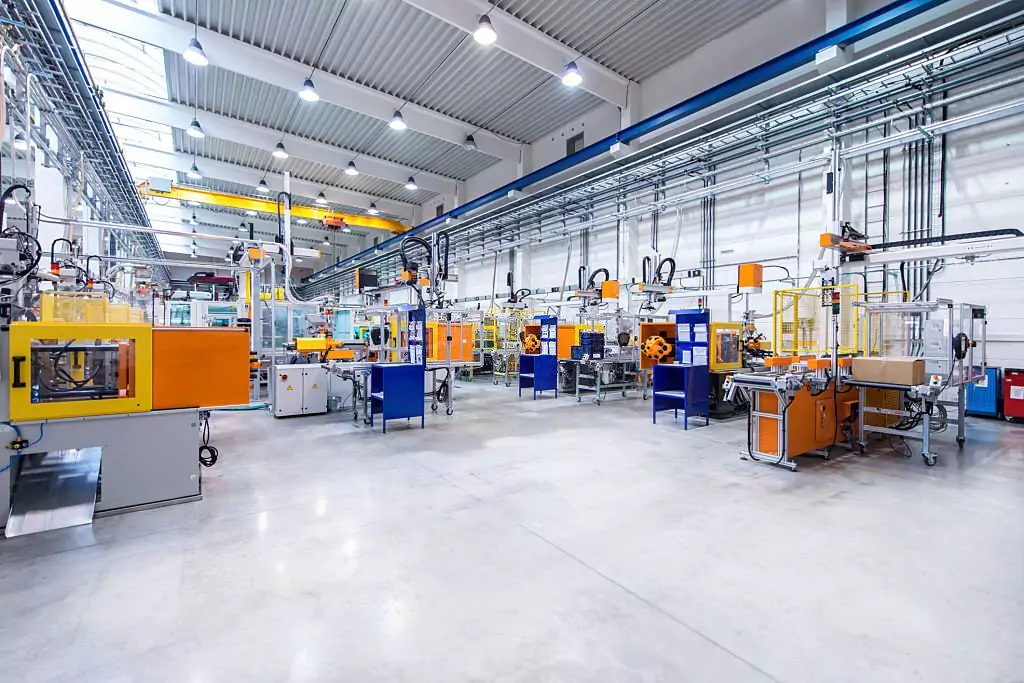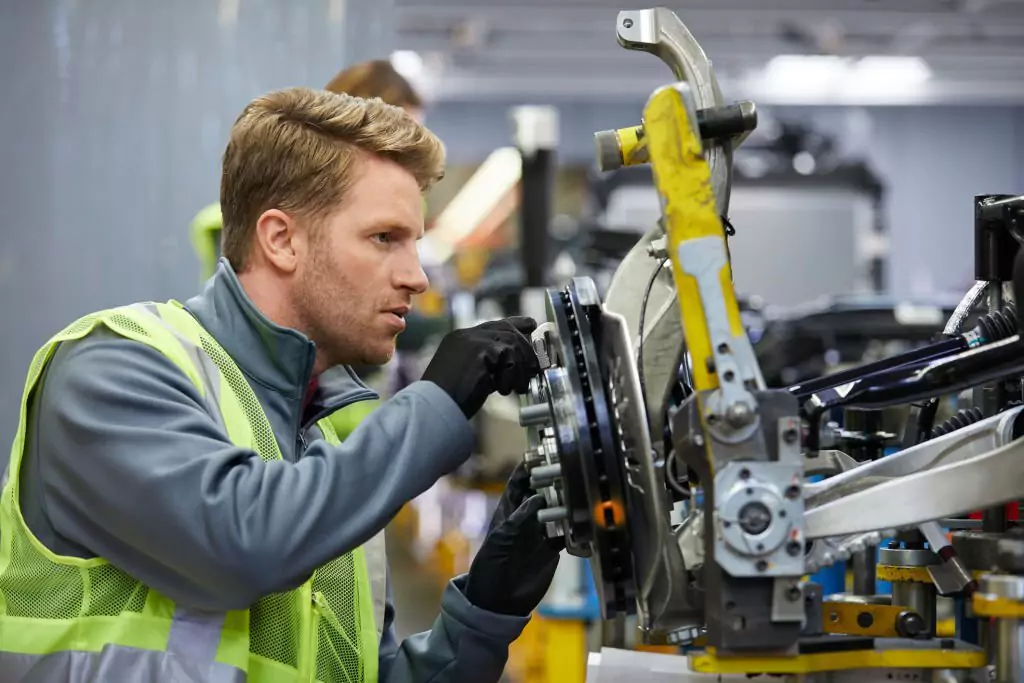The industrial machinery components sector plays a crucial role in various industries by supplying essential equipment, parts, and technology to enhance operational efficiency. As industries continue to adopt automation and technological advancements, the demand for skilled professionals in this field remains strong. Understanding the scope of job opportunities in the industrial machinery components industry is essential for individuals seeking a career in this dynamic and evolving sector.

Understanding Industrial Machinery Components:
Industrial machinery components refer to heavy-duty equipment, machines, and tools that are utilized by diverse industries for the production, processing, or transportation of goods. These machines often incorporate automation to perform tasks, thereby increasing efficiency and reducing manual labor. Examples of industrial machinery components include metalworking machines, material handling equipment, processing machines, and construction equipment.
Quantifying Job Opportunities:
To gauge the extent of job opportunities available in the industrial machinery components sector, it’s important to consider recent employment statistics and data. In the United States, over 2.1 million industrial machinery/components jobs are available. These jobs encompass a wide range of roles that cater to various skill sets and educational backgrounds. The sector offers positions that require different levels of qualifications, from high school diplomas to advanced degrees.
Diverse Job Categories:
The industrial machinery/components industry offers a multitude of job categories, catering to different aspects of the manufacturing and operation of machinery. Some of the prominent job categories include:
Manufacturing and Production:
This segment involves the creation, assembly, and quality assurance of machinery and components. It includes roles such as machinists, assembly line workers, welders, quality control specialists, and production managers. Technical expertise and attention to detail are crucial in these roles.

Engineering and Design:
Engineers, including mechanical, electrical, and industrial engineers, design and develop modern machinery. They are responsible for the conceptualization, testing, and enhancement of existing products.

Research and Development (R&D):
R&D specialists are vital for companies aiming to stay ahead of technological developments. They research new materials, technologies, and production methods to improve the functionality, efficiency, and safety of industrial machinery components.

High-Paying Job Opportunities:
Several high-paying jobs are available within the industrial machinery/components industry, rewarding individuals with specialized skills and expertise. Some of the top-paying positions include:
- Industrial Hygienist: Average Annual Salary: $60,000
- Manufacturing Engineer: Average Annual Salary: $76,000
- Industrial Designer: Average Annual Salary: $75,000
- Machine Design: Average Annual Salary: $77,000
- Industrial Engineer: Average Annual Salary: $78,000
- Process Engineer: Average Annual Salary: $81,000
Prospects for Career Growth:
Working in the industrial machinery/components sector provides individuals with the opportunity to contribute to tangible and essential products and services. Whether in manufacturing, engineering, or research and development, this industry allows professionals to make meaningful contributions to global economies and technological advancement.
Conclusion
The industrial machinery components industry offers a diverse range of job opportunities across various categories. The sector’s significance to multiple industries ensures a consistent demand for skilled individuals. From manufacturing and production to engineering and research, the industry provides a platform for career growth, innovation, and making a substantial impact on global industrial progress.
FAQs
What types of jobs are most common in the industrial machinery/components industry?
A wide range of jobs are available in the industry, including roles in manufacturing and production, engineering and design, and research and development. Some of the common job titles include machinists, welders, industrial engineers, and research scientists.
How does the industrial machinery market’s growth impact job availability?
The global Industrial Machinery market is projected to experience growth in the coming years, contributing to increased job opportunities. The market’s size is expected to reach multimillion USD by 2030 with an unexpected CAGR, driving demand for skilled professionals in the industry.
What skills and qualifications are needed for a career in industrial machinery/components?
The industry values technical expertise, meticulousness, and strong work ethics. Depending on the role, candidates may need qualifications ranging from high school diplomas to advanced engineering degrees .
How does the industrial machinery/components sector contribute to the global economy?
The industrial machinery/components sector is crucial to various industries, including manufacturing, construction, energy, and transportation. Its ongoing demand creates a broad range of job opportunities across the world, providing employment possibilities for qualified individuals.
